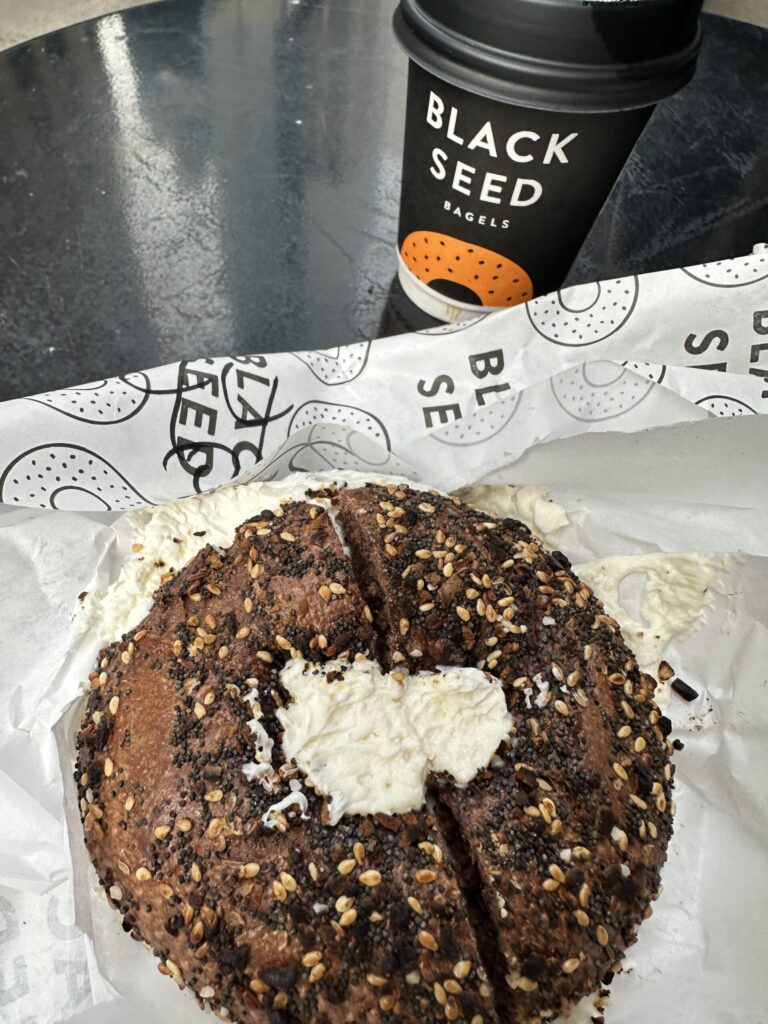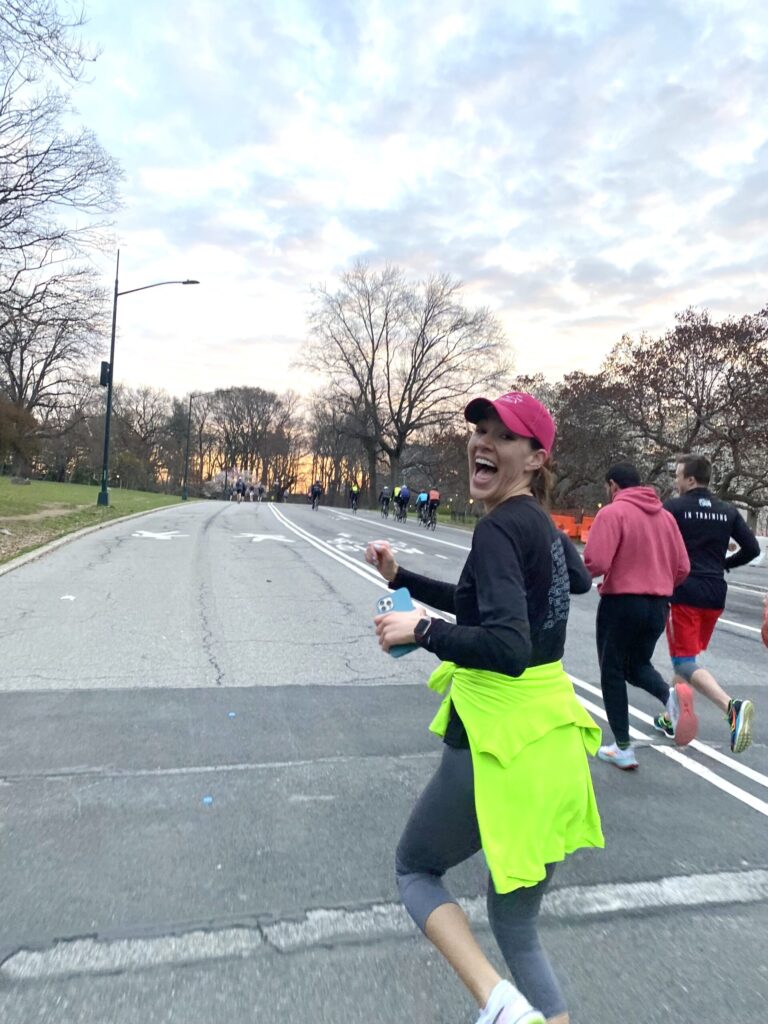
Imagine you have an early morning workout planned. Are you setting your alarm clock bright and early to give yourself time to eat? Or are you waiting until the last minute to wake up, so you can get every extra minute of sleep? Everyone has a preference for how to fuel (or not fuel) before a morning workout. But there’s actually a lot of research that has been done to see if exercising fasted or fed is better!

Fasted workouts
Fasting, or the absence of energy intake, is something we all naturally do while we sleep. So if exercise is the first thing you do in the morning, you’re doing it fasted. When fasting, your body slowly uses up its energy stores, which are in the form of glycogen. Glycogen gets converted to glucose so it can be used as energy, for brain function, muscle movement, digestion, and just about everything your body does to keep itself running. Glycogen comes from the carbohydrates we eat; when your body digests carbohydrate-containing foods, it converts them into glycogen to store energy for when you need it later. Every time we eat carbohydrates, we replenish these stores.
So if you exercise fasted, your body already has less energy stores than if you have a pre-workout snack. Does this mean you won’t have the energy to complete your workout? Not exactly. When glycogen stores are low, your body starts breaking down protein and fat. It can convert them into energy as well. However, it is a less efficient process than using glycogen for energy, which is why it is not the body’s preferred method.
Despite your body’s efforts to provide energy when working out fasted, you may still find that you fatigue faster. Especially during high intensity or long duration workouts. If you are doing gentle movement such as walking or yoga, you will likely not notice much of a difference between fasted versus fed.

Fed workouts
When preparing for your workout with a meal or snack, hopefully rich in carbohydrates, you are replenishing your body’s energy stores. Research shows that this can improve your performance and increase endurance. You will likely fatigue less quickly than if you exercise fasted. The longer or more intense a workout is, the more important it is to eat before. You can learn more about how carb loading improves endurance here!
During extended periods of exercise (lasting over 1 hour), you may even need to eat during the workout. Consuming carbohydrates in this situation allows your body to replenish its energy stores, and maintain blood glucose levels. This helps prevent weakness and fatigue.
Another benefit to eating before a workout is it can improve your recovery. Since your body is not repleteing its energy stores as much as it would during a fasted workout, it is more equipped to recover quickly. Of course, post workout nutrition is important for this too!

The takeaway
Working out fed provides more benefits than working out fasted. By having a meal or a snack before your workout, you can have more energy longer and recover quicker. If you’re lifting heavy weights or going for a run, your body will thank you if you get up that extra 30 minutes earlier for a snack! However, if you’re doing a low intensity workout, or a short workout, you’re less likely to notice a difference. So no stress if you prefer to squeeze in 20 minutes of pilates before breakfast.